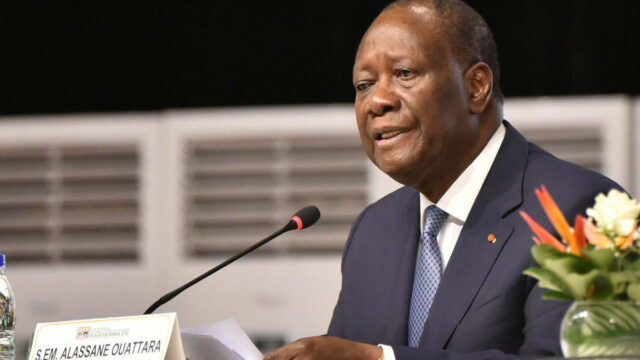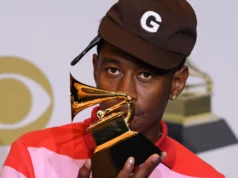
President Alassane Ouattara has been declared the winner of Côte d’Ivoire’s presidential election, securing a fourth term with approximately 89.8 % of the vote, according to provisional results released by the national electoral commission on October 27, 2025.
The vote was marked by a low turnout, with just around 50 % of registered voters casting ballots. Observers noted empty polling stations in several urban areas including Abidjan.
Ouattara’s main rivals, including former first lady Simone Gbagbo and ex-commerce minister Jean‑Louis Billon, finished well behind, with Billon conceding defeat ahead of the official confirmation.
Some of the country’s most prominent opposition figures, such as former President Laurent Gbagbo and former Credit Suisse CEO Tidjane Thiam, were barred from running, prompting critics to question the openness of the electoral process.
Ouattara, 83, has been in office since 2011. His re-election follows constitutional changes and political maneuvers that allowed him to reset term limits and seek additional mandates. The government hailed his economic stewardship, pointing to robust growth in the cocoa-rich nation.
However, the election also raises serious concerns. Analysts warn the dominance of a single leader and the exclusion of significant opposition voices may erode democratic norms in the region. “It is clear that from the outset, there has been no election … because the Constitutional Council chose the candidates on political grounds,” one civil-society leader told a news outlet.
Opposition supporters and human rights observers remain cautious. While voting proceeded without major incidents, the atmosphere of muted public engagement and the sidelining of challengers have cast a long shadow over the outcome. The full, final results must still be validated by the country’s Constitutional Council.
For now, Côte d’Ivoire stands at a crossroads—not only with a new term ahead of Ouattara, but also with questions about how the country can reconcile stability, economic progress and democratic accountability in an evolving West African political landscape.










